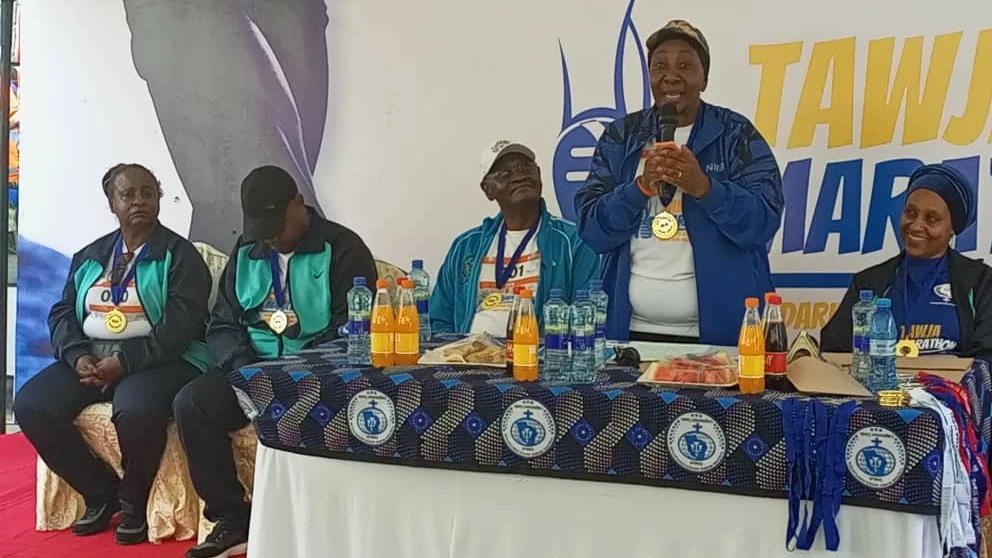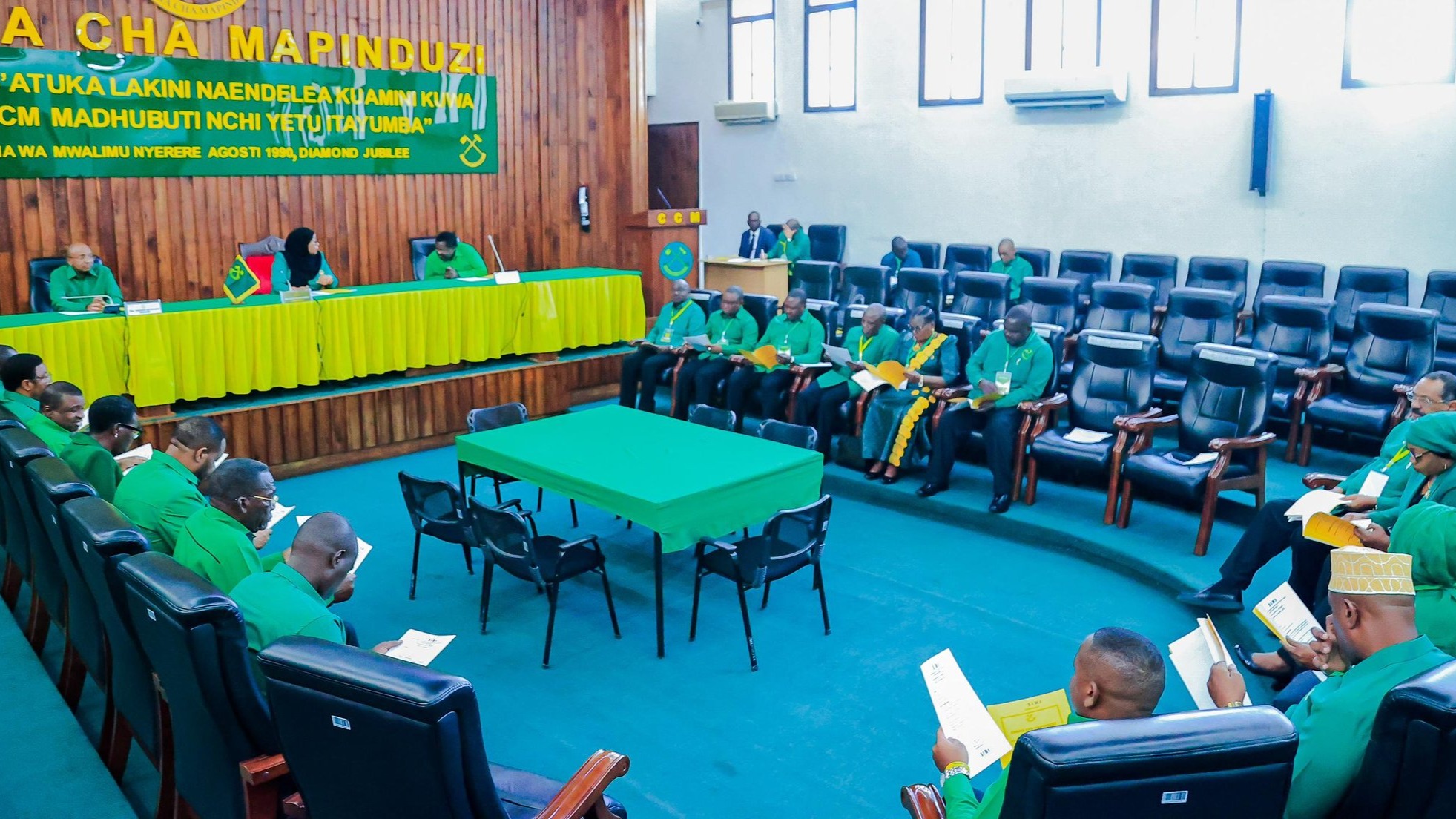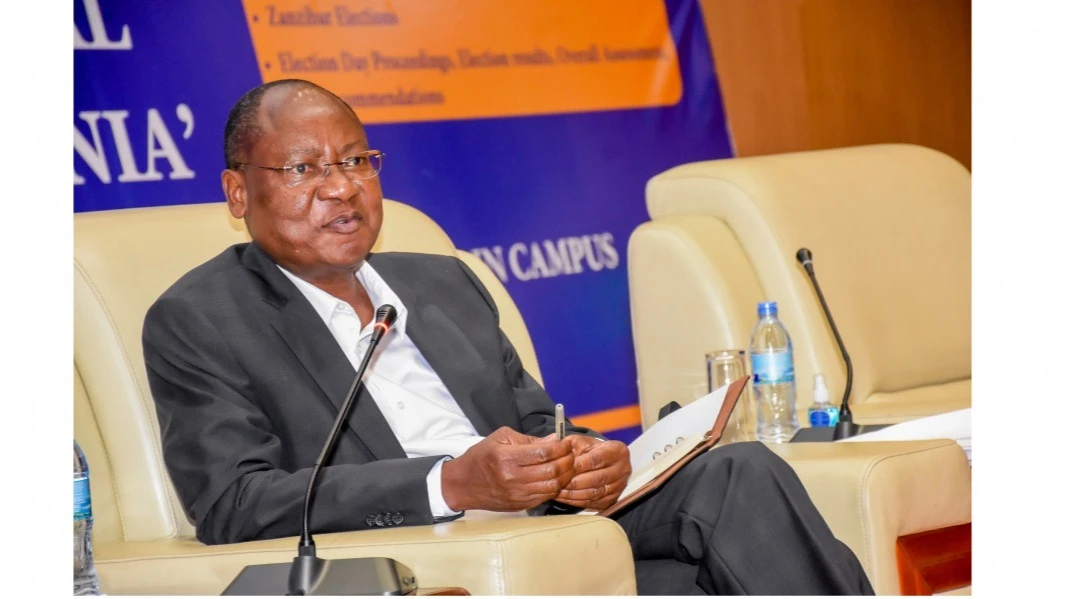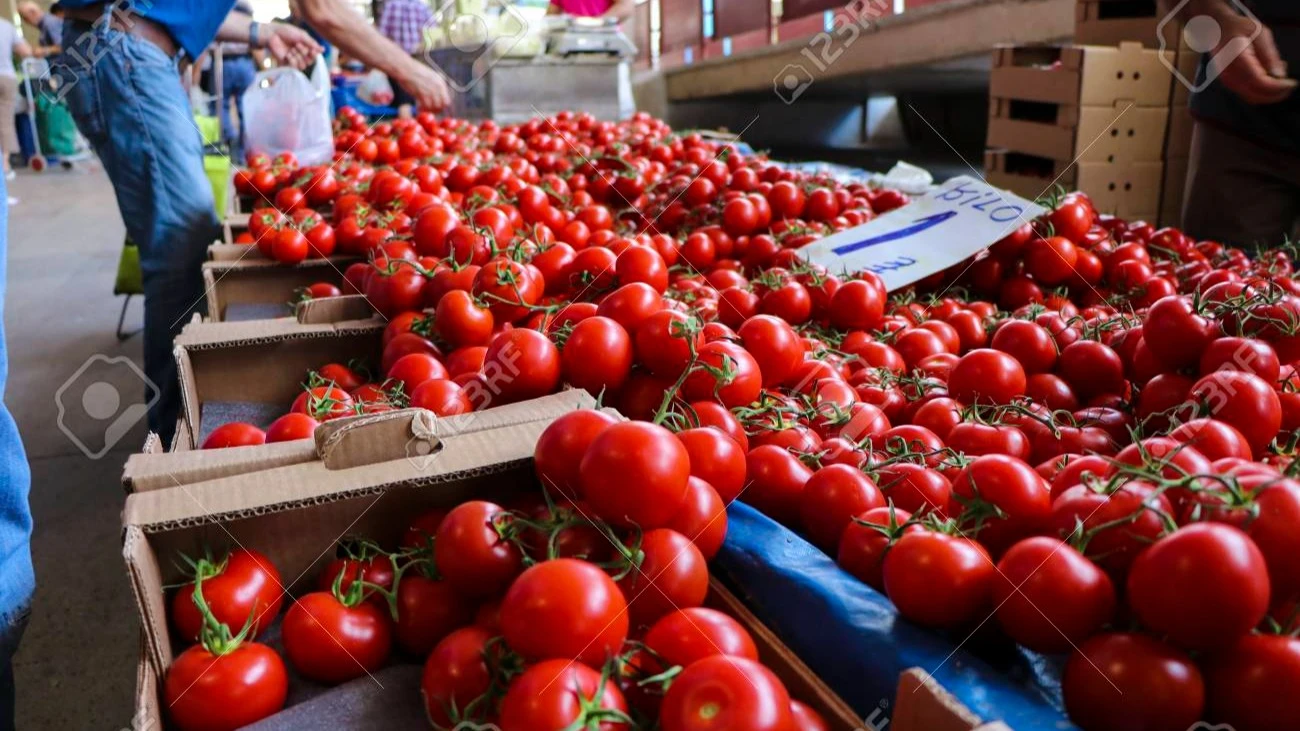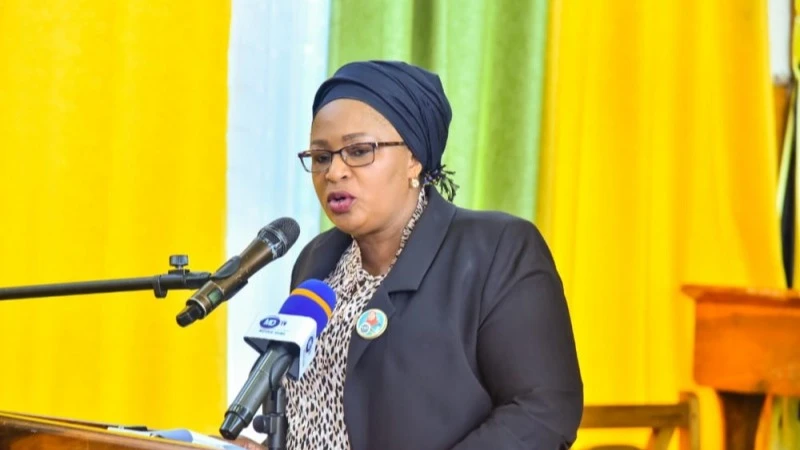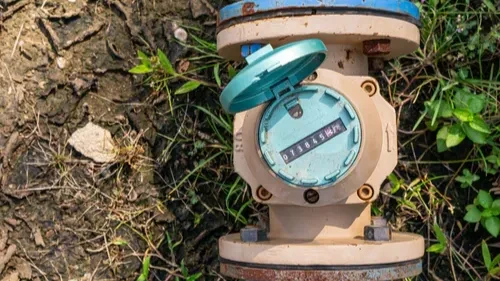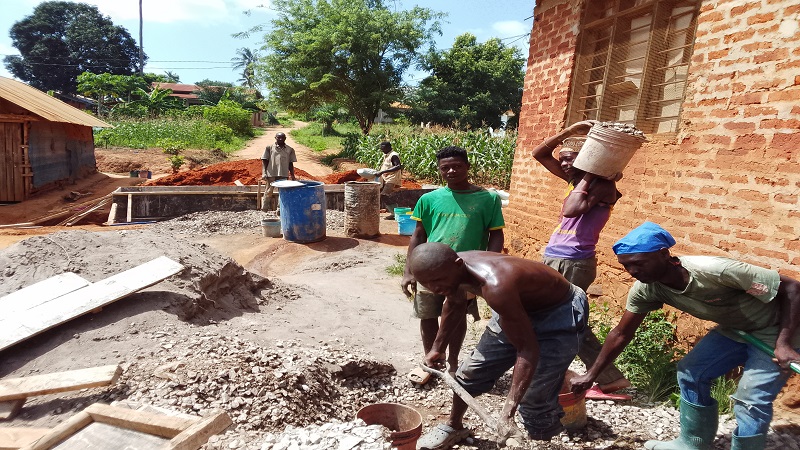Govt launches campaign to sensitise livestock vaccination
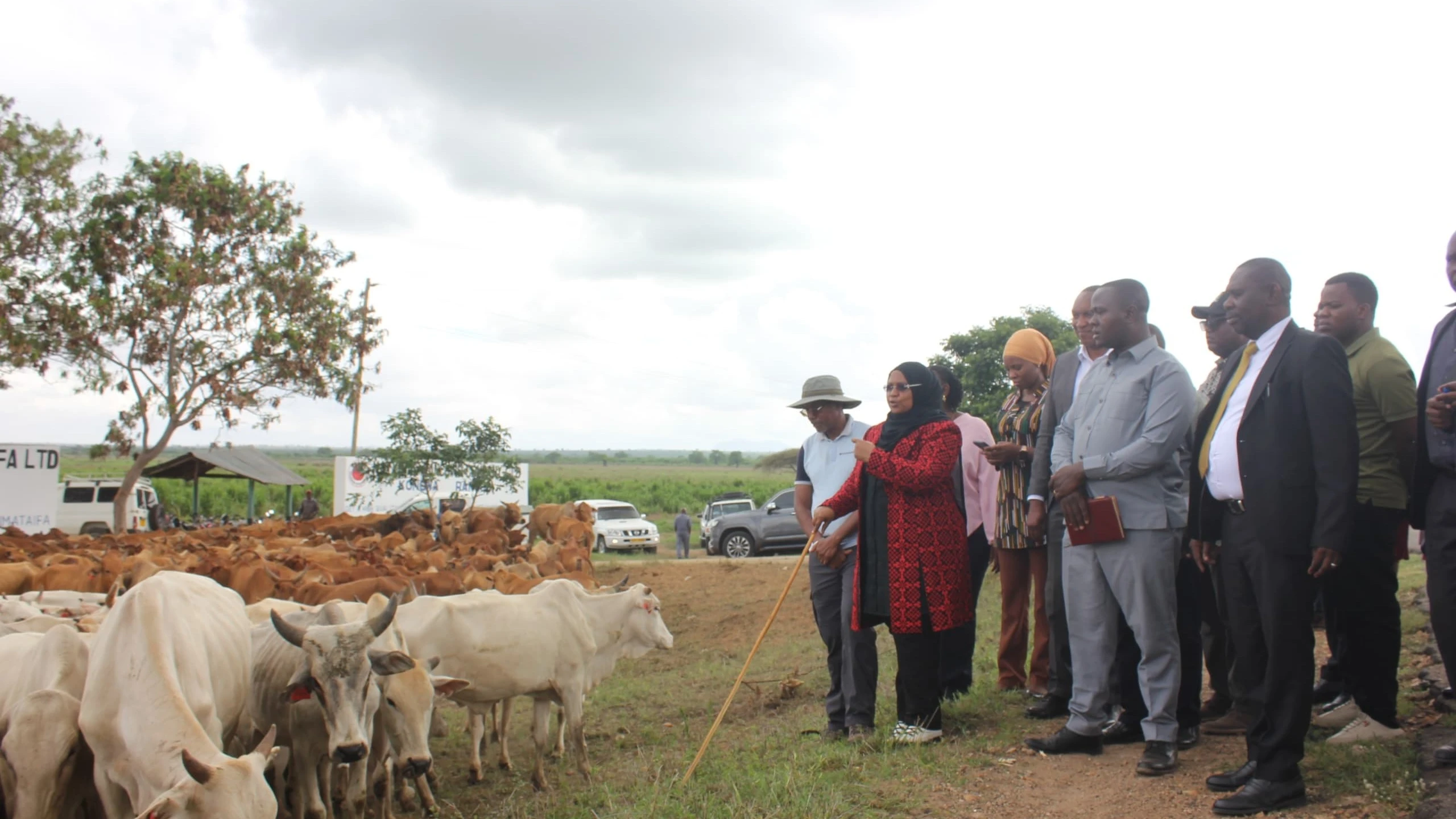
TANZANIA has yet to benefit enough from the rich of the abundant livestock breeds available in the country due to diverse setbacks, including prevalence of diseases, among others.
Despite standing second in Africa for harbouring larger livestock, it is a grim revelation that Tanzania failed to sell 882,182.8 tonnes of meat, with a total value of $3,705,167.76, equal to 9.3bn/- in China, South Africa, Libya, the United Arab Emirates, Mauritius and Singapore.
To address the same, the Ministry of Livestock and Fisheries yesterday launched a national campaign for the sensitization of livestock vaccination, aimed at boosting trades in livestock and its relevant products, within and outside the country.
The development is part to prepare for the envisaged official launch of the National Livestock Vaccination Strategy, the five- year program (2024-2029), to be implemented into different phases at a total cost of around 216bn/-.
Launching the sensitization campaign yesterday here, the livestock minister, Dr Ashantu Kijaji spoke over the need for improving availability of vaccinations to the pastoralists, together with reducing prices.
"We have a major task ahead to ensure at least 70 percent of the livestock in Tanzania are vaccinated, being from the currently 21 percent," she said.
She said during the 2024-25 fiscal year the government has set aside at least 28.1bn/- as a preliminary budget to support implementation of the first phase of the national vaccination strategy.
Through the strategy, Dr Kijaji informed that the government is targeting to expand meat exportation level to 30,000 tons by 2029, from the currently 14,000 tons, the development which will enable the sector to fetch a total of $152,287,305.2, being from the currently $51, 894, 622.
"As part of preliminary preparations ahead to embark on implementation of the strategy, the ministry is currently finalizing some key issues, including procurement of a total of 700 motorcycle and 4,500 tailor -made gadgets,"
"We're also working to purchase other necessary gears to facilitate the vaccination exercise, such as gumboots, overalls, coolboxes, automatic syringes,” Kijaji said.
The facilities will be distributed to the livestock officers across all local government authorities within the country, according to her.
Detailing over the scope of the vaccination, the Minister said the first phase of the strategy will see a total of 19,097,223 cows across the country vaccinated against the contagious bovine pleuropneumonia (CBPP).
Together with that, she noted that the countrywide exercise will entail vaccination of at least 20, 900,000 goats and sheeps against the peste des petits ruminants (PPR), an acute or subacute viral disease of goats and sheep characterized by fever.
“The vaccination will also take into account the poultry sector, whereby a total of 40,000,000 local chickens will receive a special vaccination against the virulent Newcastle Disease (ND)," she explained.
The minister appealed to the pastoralists across the country to o ensure they cooperating by sending their cattles to the vaccination centers as the vaccination schedules will direct.
In the rolling out of the vaccinations, hr said apart from the livestock officers within the local government authorities, the parent ministry plans to make use of the youths who have graduated from diverse livestock institutes in the country.
"We will open a special window, seeking to offer an interim employment opportunities of absorbing at least 3,540 youths with the livestock health skills," she disclosed.
In order to remove obstacles to livestock trade, especially in the trade of animals and their products in international markets Dr Kijaji said the campaign will go in tandem with identification and registration of livestock by wearing electronic earrings, through which cows, goats and sheep will be identified in the coastal regions, Morogoro and Tanga and on the other hand, identification of goats and sheep will be held in the regions of Lindi and Mtwara.
Speaking for his part, the Permanent Secretary (PS) in the livestock ministry, Prof Riziki Shemdoe said the vaccination was a technical exercise, thus the involving officers must handle it with great care.
He insisted that the government will continue to execute a number of initiatives to ensure the sector inject reasonable contribution towards the state coffer.
“Currently, the sector's share towards the DGP stands at 6. 7 percent, the slim figure which we must work to improve," he noted.
Held under the theme "Eliminate livestock diseases to increase production and facilitate trade in livestock sector within and outside the country" the event attracted a series of participants in the sector, including heads of departments, livestock officers from all regions, and representatives from livestock associations, among others.
Top Headlines
© 2025 IPPMEDIA.COM. ALL RIGHTS RESERVED








